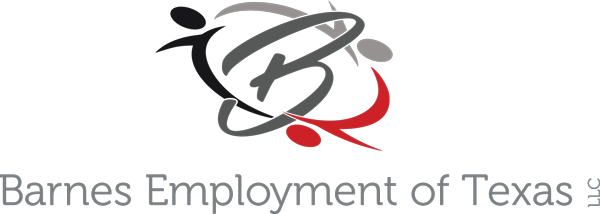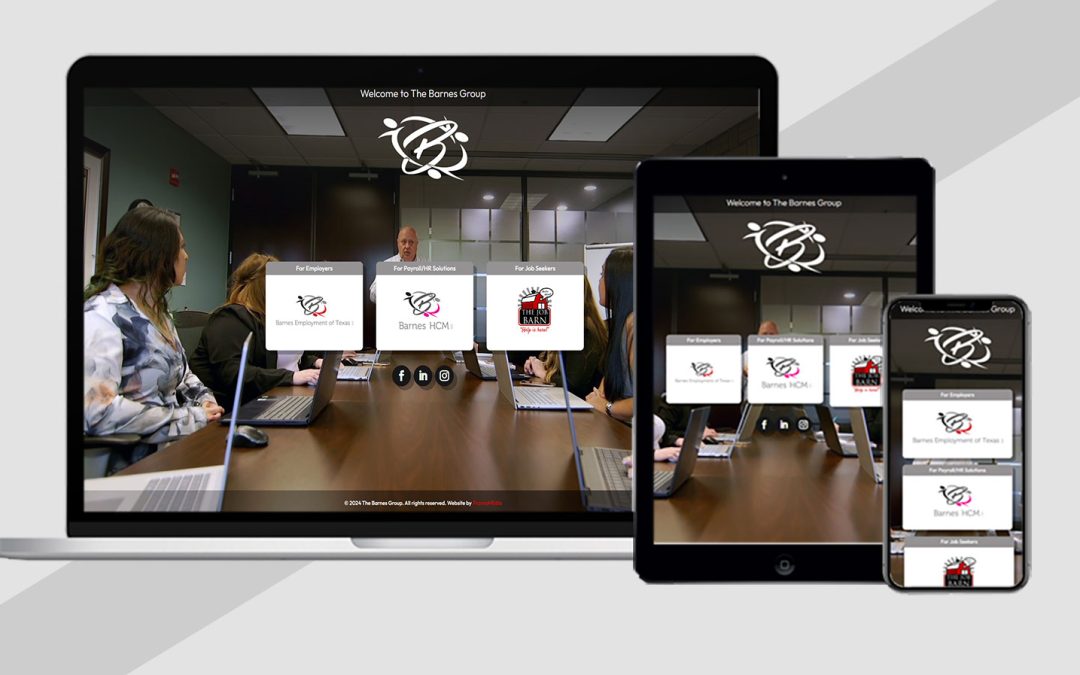Creating and implementing effective workplace policies might not be the most glamorous task, but it’s certainly a critical one. By investing time and effort, you can create a positive and productive work environment that fosters fairness, transparency, and compliance.
Workplace policies serve as the foundation for a well-managed workplace. They set clear expectations, promote consistency, and ensure compliance with legal and ethical standards. By establishing policies, organizations can effectively communicate their values, promote fairness, and mitigate potential risks.
Identify Policy Needs:
Firstly, understanding the specific needs of your organization is crucial when developing workplace policies. Start by reviewing existing policies, identifying gaps, and considering potential challenges or issues that may arise in your industry. Engage with key stakeholders, including employees, department heads, and legal advisors, to ensure the policies align with the organization’s goals and values.
Craft Effective Policies:
Moreover, creating clear, concise, and accessible policies is the key to their successful implementation.
- Use plain language: Avoid excessive jargon or complex legal terminology. Keep it simple, so everyone can understand and follow the policies.
- Be comprehensive but concise: Cover all necessary aspects without overwhelming readers. Focus on the essential information and provide examples or scenarios when appropriate.
- Consider flexibility: While policies should have clear guidelines, it’s important to allow for some flexibility, especially in areas where individual circumstances may vary.
- Keep policies up to date: Regularly review and update policies to ensure their relevance and alignment with changing legal requirements and industry standards.
Communication and Implementation:
Developing policies is just the first step; effective communication and implementation are equally important. Here’s what you need to consider:
- Clearly communicate policies: Make sure all employees receive, read, and understand the policies. Use multiple communication channels such as email, intranets, and employee handbooks to reach everyone.
- Training and education: Provide training sessions or workshops to familiarize employees with the policies. Encourage questions and create an open dialogue to address any concerns or misunderstandings.
- Consistent enforcement: Apply policies consistently across all levels of the organization to avoid any perception of favoritism or bias.
- Regular reminders: Periodically remind employees of policy updates or changes through meetings, newsletters, or company-wide announcements.
Monitoring and Evaluation:
Finally, policies should be regularly monitored and evaluated to ensure their effectiveness. Seek feedback from employees, managers, and stakeholders to identify areas for improvement. Monitor compliance and address any policy violations promptly and fairly.
Disclaimer: This blog post provides general information and should not be considered legal advice. Organizations should consult legal professionals to ensure their policies comply with local laws and regulations.
If your team needs further assistance with creating polices, reach out to The Barnes Group!









